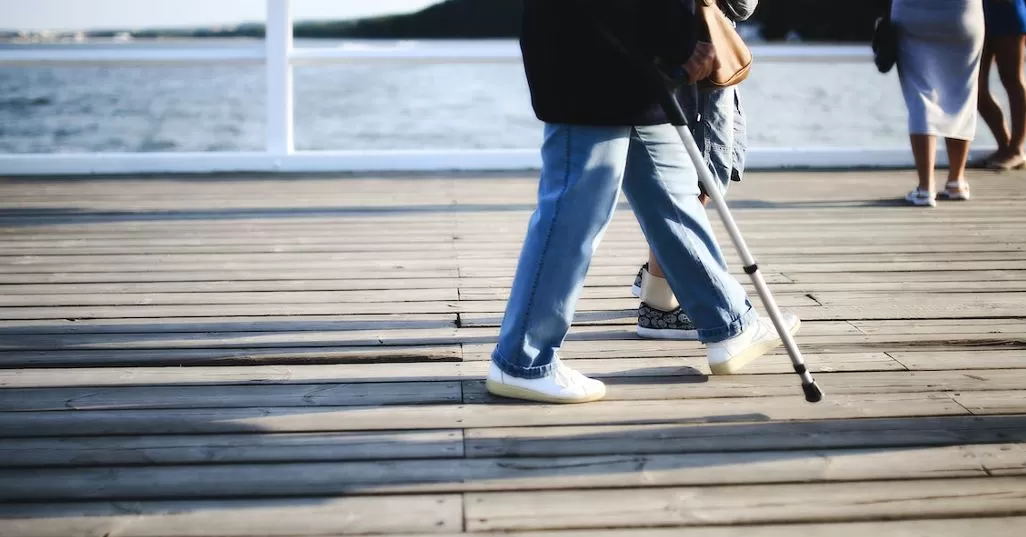Have you been hurt because of the carelessness or wrongdoing of another person? If so, consider filing a personal injury lawsuit. However, before you take any legal action, it’s crucial to understand the basics of personal injury law and what steps to follow. This blog post will guide you through everything you need to know before filing a personal injury lawsuit.
Assessing Your Injury Claim
If you’ve been injured, you need to do the following before filing a lawsuit: assess your claim. You must collect evidence of your injuries, including medical records, bills, and lost wages. You must also prove that the other party was liable for your damages. Once you have all of this information, you can speak with a Redkey Gordon Law Corp to get an idea of what your case may be worth and whether it is worth pursuing.
The Role of Your Stockton Personal Injury Attorney
Your Stockton personal injury attorney will play a vital role in your lawsuit. They’ll investigate what happened, acquire evidence, and talk to witnesses. They will also handle all of your case’s paperwork and legal filings.
Your lawyer will fight for you to ensure your interests are represented and you get the money you owe. Call an excellent personal injury lawyer if you’ve been hurt in an accident.
What to Expect During the Legal Process
You might consider filing a personal injury lawsuit if you were hurt in an accident that wasn’t your fault. But what steps are included in that procedure?
First, it’s essential to understand that the legal process can be lengthy, and there’s no guarantee you’ll win your case. Pursuing a lawsuit may be worthwhile if you have a strong chance and are willing to work.
Here’s a general overview of what to expect during the legal process:
Consult with an Attorney
The first step is to consult with an experienced personal injury attorney. They will review your case and let you know if it’s worth pursuing. If so, they will help you navigate the legal process.
File a Complaint/Petition
If you decide to proceed with your case, your attorney will file a complaint or petition. This document will outline your injuries and damages and the relief you seek from the court.
Serve the Defendant(s)
Once the complaint is filed, it must be served on the defendant(s) – typically by certified mail or process server. The defendant then has time to respond to the complaint (usually 30 days).
Tips for Dealing with Insurance Companies
- Understand what your policy covers and doesn’t cover.
- Be familiar with the insurance company’s claims process.
- Gather all the necessary documentation to support your claim.
- Keep track of all communication with the insurance company.
- Be prepared to negotiate a settlement with the insurance company.
Working with a Professional Lawyer
A skilled attorney may be necessary if you’ve been hurt in an accident and want to pursue legal action. Several variables are at play here, so giving a universal response is impossible. The extent of your wounds should be your priority.
First, you will need to consider the severity of your injuries. If your severe injuries require ongoing medical treatment, you will likely need a lawyer to help you recover damages. Second, you must consider the amount of money you seek for injuries. If you only desire a small amount of money, there may be better options than hiring a professional lawyer.
Finally, you will need to consider the facts of your case. Suppose the facts are complex or liability insurance is involved. If that’s the case, it could be wise to get legal representation.
Conclusion
Filing a personal injury lawsuit is a significant decision that should never be taken lightly. Before taking this step, it’s essential to understand the process and know your rights. Research, consult an experienced lawyer, and gather all the necessary evidence before filing. Doing so can ensure you receive fair compensation for injuries or losses incurred due to someone else’s negligence.
